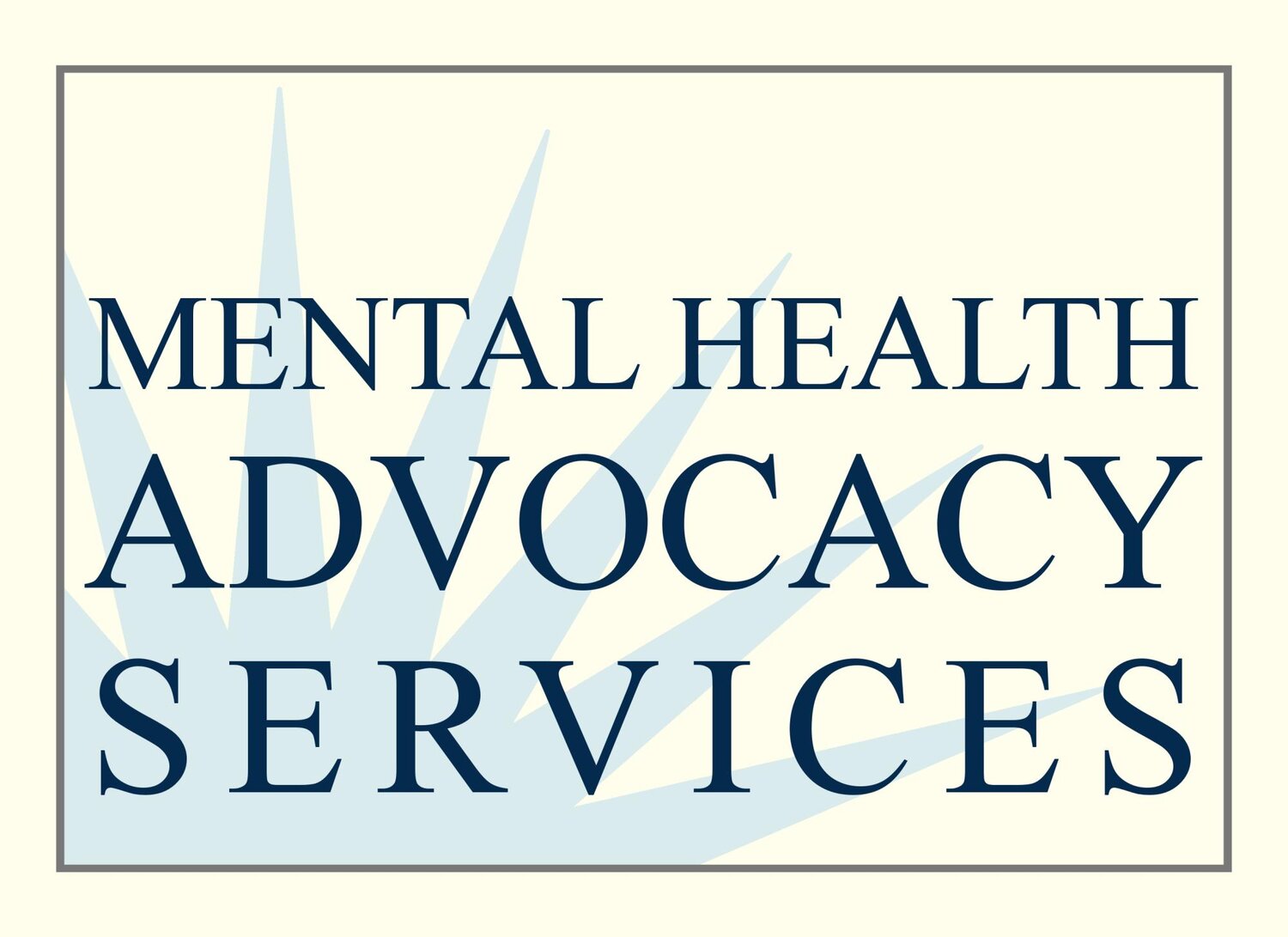BeHeLP in Tampa! Sharing Our Data at the Annual Conference on Child, Adolescent, and Young Adult Behavioral Health
by Eliza SchaflerEliza Schafler is an MHAS Equal Justice Works Fellow sponsored by Greenberg Traurig, LLP.
 Happy April! To usher in spring, we are proud to announce that our Behavioral Health-Legal Partnership (BeHeLP) was just represented in March at another national conference: The 28th Annual Research and Policy Conference on Child, Adolescent, and Young Adult Behavioral Health in Tampa, Florida. This conference is widely considered one of the best for researchers and policy-makers in the world of children’s mental health, drawing over 500 participants each year.It is a particular honor to be part of the Tampa conference because we can show, using actual research and data carefully collected over more than a year, that integrated legal assistance does correlate with reduced caregiver stress and improved children’s mental health outcomes. Our wonderful lead researcher, Kate LaVelle of the Hathaway-Sycamores Research and Evaluation Department, shared some interesting numbers:
Happy April! To usher in spring, we are proud to announce that our Behavioral Health-Legal Partnership (BeHeLP) was just represented in March at another national conference: The 28th Annual Research and Policy Conference on Child, Adolescent, and Young Adult Behavioral Health in Tampa, Florida. This conference is widely considered one of the best for researchers and policy-makers in the world of children’s mental health, drawing over 500 participants each year.It is a particular honor to be part of the Tampa conference because we can show, using actual research and data carefully collected over more than a year, that integrated legal assistance does correlate with reduced caregiver stress and improved children’s mental health outcomes. Our wonderful lead researcher, Kate LaVelle of the Hathaway-Sycamores Research and Evaluation Department, shared some interesting numbers:
- 63% of caregivers have reported a decrease in stress after receiving BeHeLP services
- Caregivers reported, on average, a 16% reduction in stress after receiving BeHeLP services, bringing them from above the community normative average stress level to below the community average
- Caregivers reported, on average, a 22% improvement in their children’s mental health after receiving BeHeLP services, bringing them almost to the clinical cutoff for mental health
- 41% fewer caregivers reported that their children’s mental illness was clinically severe after receiving BeHeLP services
- Of course, these numbers are far from complete. They come from a short-term project (we are still shy of two years), and from smaller samples of clients and families within that project. In addition, they only indicate correlation, rather than causation, in part due to our limited resources.
Nonetheless, we are proud to be showcasing our results in such a formidable forum and sharing the promise of the medical-legal model with a national audience devoted to children’s mental health.
